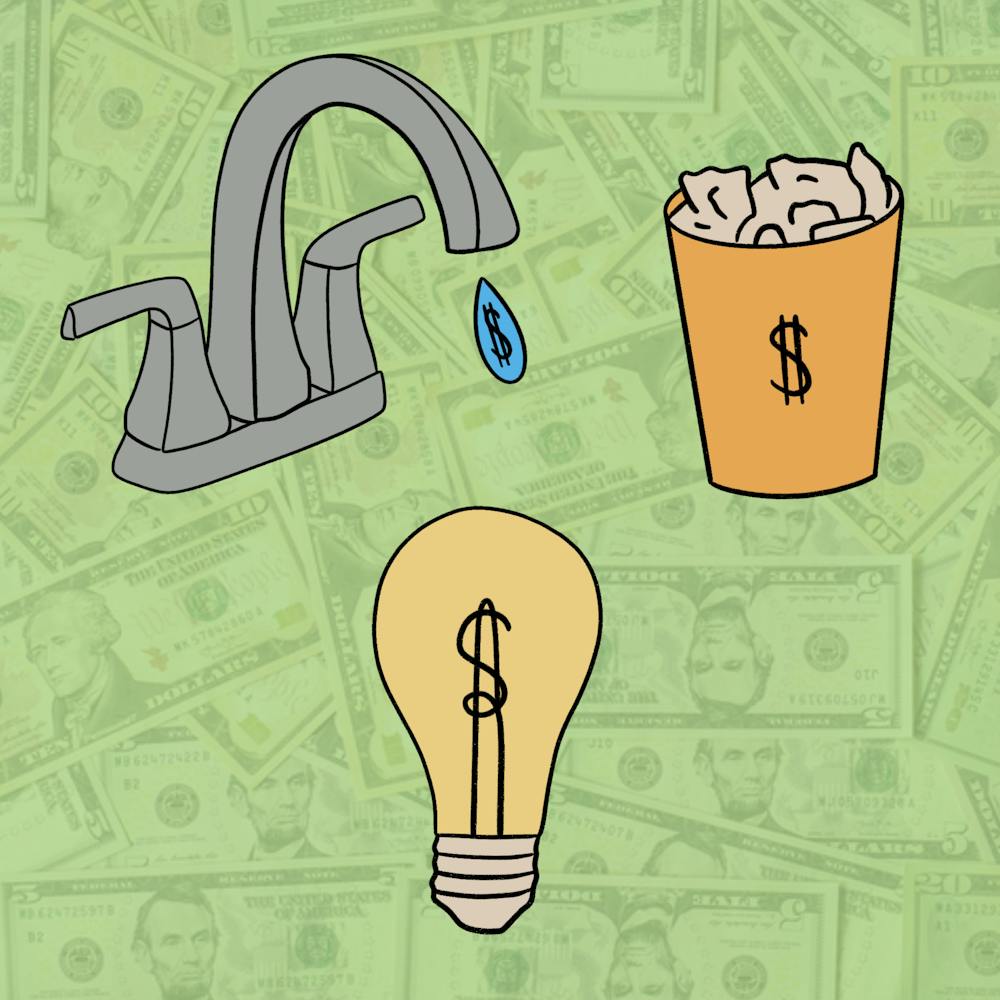On Nov. 15, over 40,000 of Gainesville Regional Utilities customers received a letter saying their service line material is unknown — meaning it could be made of lead, which fostered confusion among those on the receiving end.
While confusing, the letter was required to be sent by the United States Environmental Protection Agency, with its purpose being to inform residents of GRU’s upcoming plans to eliminate any lead water service lines in Gainesville by 2034.
Because Florida didn’t ban the use of lead in water systems until 1989, GRU is informing buildings older than 1989 their service lines may contain lead.
Privately owned buildings, including homes, offices or restaurants, were also notified because they are not included in the company’s comprehensive record of service lines.
“These lines are buried underground, and so it's very challenging to know quickly what the service line material is on the private side,” GRU’s Supervising Utility Engineer Jennifer McElroy said.
In November 2023, President Joe Biden announced his ‘Get the Lead Out’ initiative to tackle lead exposure, as it can cause serious health effects like increased risk of heart disease, high blood pressure and kidney or nervous system problems in adults.
Biden’s initiative encouraged the EPA to work with communities in accordance with the previously passed 1991 Lead and Copper Rule, which essentially banned lead in drinking water and outlined treatment techniques to avoid such.
The rule was later revised by Biden’s administration in 2021 to be known as the Lead and Copper Rule Revisions, to improve lead protection in pipes for children in schools and child care facilities.
On Oct. 8, the rule was revised again under the Biden-Harris administration and named the Lead and Copper Rule Improvements, which required public water utilities, like GRU, to identify and replace lead pipes within ten years.
The first step was GRU’s creation of a publicly available inventory for residents to see what contents of service lines are known to not contain lead and which are unknown, which was done in October.
The second step was the letters so many Gainesville residents received Nov. 15.
Because the letter had to be state-approved, specific phrasing had to be used, thus making it sound scary and confusing for customers, McElroy said.
But residents shouldn’t have to worry, as GRU has never seen a lead service line in its system, both in its private and public sectors, she said. Still, that doesn’t mean it’s impossible.
“Until we complete this inventory, we won't know with 100% certainty,” she said.
The company has ten years to confirm all unknown water service lines and replace any that contain lead. It will most likely be done before then, possibly in the next few years, McElroy said.
Contact Kairi Lowery at klowery@alligator.org. Follow her on X @kairiloweryy.
Kairi Lowery is a third-year journalism major and a metro general assignment reporter for The Alligator. When she's not writing you can find her lounging on the beach with a book or collecting vinyls.






